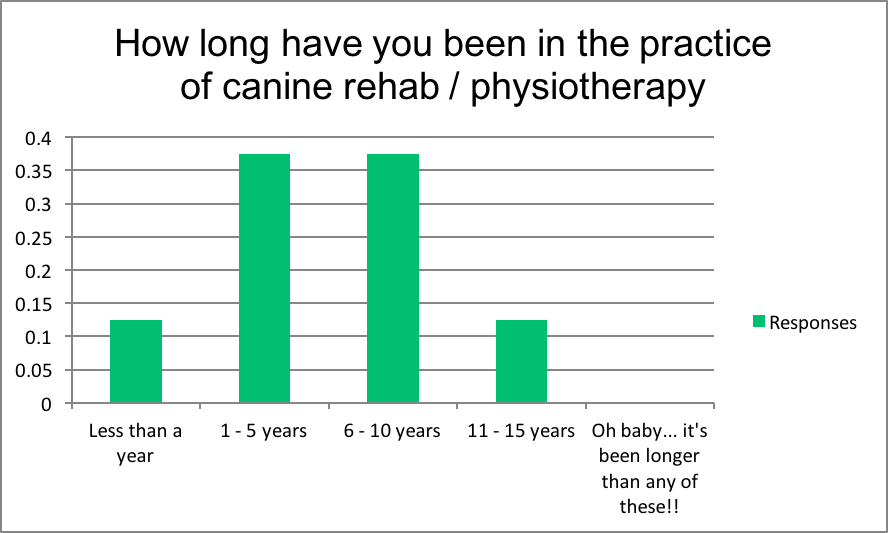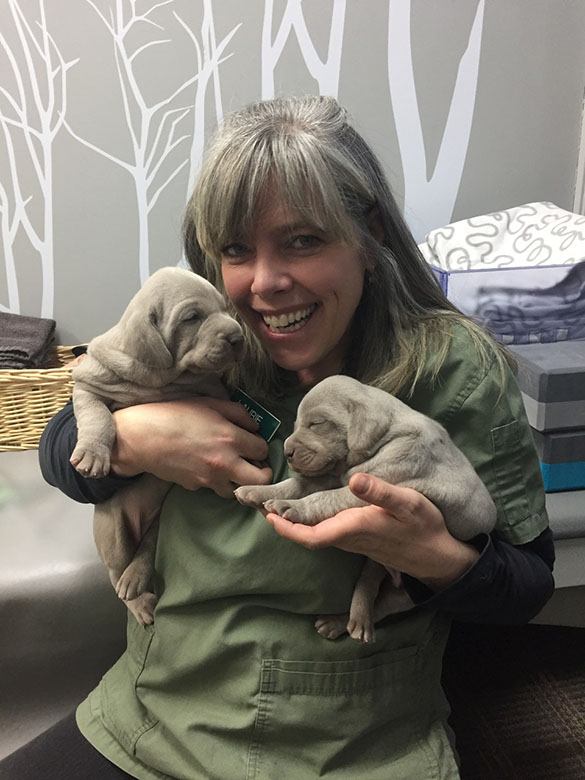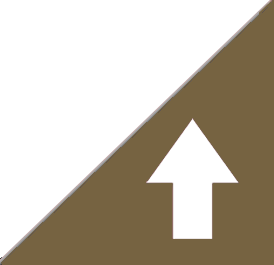Laurie's Blogs.
Jun 2018
Canine Rehab Regrets & Growth
I have collated the survey responses!!!
Thank you to those who took the time to answer. I think the answers were thought provoking indeed. Please have a read and see what you think (and reflect on your own practice!)

2. What are some things that you can't believe you did as a practitioner in the past, or things you regretted, or things that you have totally changed in how you treat patients?
"I can't believe I thought all hind limb lamenesses were cruciate or hip and I can't believe I thought all back pain was IVDD! I can't believe I didn't think that amputating a limb or a digit would be a problem for the dog!
I can't believe I didn't know about the Iliopsoas! or Myofascial pain.
I can't believe I didn't know the power of rehab and chiropractic care, I can't believe I thought Raw Food was going to kill animals! LOL
I Can't believe I thought that Surgery was THE ONLY way to treat a cranial cruciate injury!"
"I tried to fit animal practice in after or around human practice - stretched myself too thin.
I did not charge appropriately.
I did not/do not spend enough time working ON promoting business. "
"Using prescriptive treatments, as per training current at the time.
Use of 'life jackets' in pool (buoyancy aids occasionally used however).
I was afraid to call vet with queries, concerns etc., as I felt my opinion was not valid.
We 'treat' the human client as well as the dog.
We no longer 'swim' dogs...physio or rehab is either land based or water based."
“The only thing I regret is not having started in this field when I was much younger.”
“I just gave NSAIDS in geriatrics and discussed weight and keeping exercise consistent each day. I suspect now that a lot were stiff rather than having OA, some had LS issues, etc., etc.”
"I used to push the dogs too hard, and had all TPLO recovery’s doing the same exercises. I have learned to tailor each recovery for the individual progress of each dog.
My palpating skills have gotten much better over the years.
I have started doing more rehab continuing education to build on my knowledge but find it expensive. Hands on is the best way to learn for me."
"1. Didn't use joint mobs for a long time.
2. Separated land and water based sessions rather than did whatever was most appropriate on the day.
3. Believed everyone else knew more than me so they must be right.
4. Tended to treat the diagnosis given rather than the animal in front of me.
5. Wrote long essays for reports that left people confused.
6. Worked out TherEx that worked for me and dog but not always get owner to do in front of me.
7. Presumed owners would not want to hurt their pets so would be gentle rather than heavy handed.
8. Underestimated that very busy people are often the most committed to treatment plans.
9. Regret set up as a USP within vet practice rather than stand-alone service."
“I used the UWT inappropriately. Fretted about how little I could get done with dogs that wouldn't even sit for me (when clearly the dogs have owners that contributed to this through lack of training etc.). Taken rudeness from vets personally. Of course, I've improved my assessment and treatment over time, but that goes with gaining experience and confidence.”
3. Anything else to add or advice you'd like to share?
“Most new veterinary graduates still think the same as I did above- they are not getting enough exposure to alternative options for treating patients. And they are only learning about it when their clients google things and ask for alternative care!”
"Dedicate time to develop business,
Dedicate time to animal practice,
Bite the bullet and just start"
“Trust your gut feeling first, then analyze why you feel like that and clinically reason everything.”
“Learn, learn, learn from as many people as possible and then pick the pieces that work for you.”
“We should be teaching rehab to all vet students!”
“Longer pain control post op surgery seems to help in recovery times. Starting to use more trazadone post op as well.”
“Believe in yourself and your clients. Approach with passion but reflect on all that you do. Accept that you will never win over every client or succeed with every animal. Keep an open mind and keep learning via whatever media you prefer. Refer back to successful outcomes when you hit a brick wall. Don’t be despondent that some vets seem to lack interest - come to the conclusion that their brains are too full of other stuff and it’s not intentional, so don’t take it personally!”
“Be patient with yourself as a new practitioner. It takes time to be as proficient with dogs as it does with humans. I think the biggest thing I do correctly is prepare for new assessments and after new assessments, go over whatever I need to e.g. anatomy texts, research articles, FB groups, etc."
So, there you have it. Three simple questions that culminate in some really great advice!!! May this spark your enthusiasm and learning for the week and have some wee role to play in you becoming a better practitioner!
Until next time…
Cheers! ~Laurie


